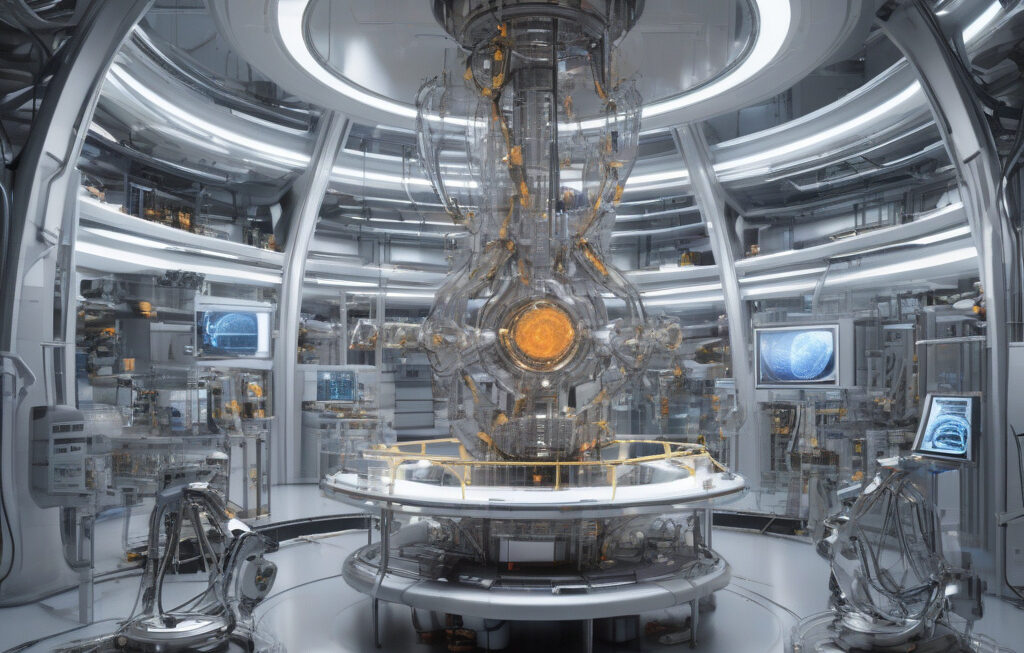Swiss Scientists Grow Mini-Brains to Power Future Computers
In a groundbreaking development, Swiss scientists have successfully grown mini-brains, known as brain organoids, in a laboratory setting. These miniature brain models, created from human stem cells, have the potential to revolutionize the field of computing. While the idea of using mini-brains to power computers may sound like science fiction, researchers believe that this technology could hold the key to building more powerful and efficient machines in the future.
Brain organoids are tiny three-dimensional structures that mimic the structure and function of the human brain. By growing these mini-brains in a controlled environment, scientists can study how brain cells communicate with each other and process information. This knowledge can then be applied to improve artificial intelligence systems and develop new computing technologies.
One of the most exciting prospects of using brain organoids in computing is their ability to perform complex tasks with remarkable efficiency. Traditional computers rely on binary code to process information, using a series of on-off signals to perform calculations. In contrast, mini-brains can process data in a way that more closely resembles the human brain’s neural networks, enabling them to handle multiple tasks simultaneously and adapt to changing conditions.
Scientists envision a future where computers powered by brain organoids can outperform current systems in tasks such as image recognition, language processing, and decision-making. By harnessing the power of biological neural networks, these next-generation computers could unlock new possibilities in fields ranging from healthcare and robotics to cybersecurity and transportation.
However, the use of brain organoids in computing also raises significant ethical concerns. As researchers push the boundaries of artificial intelligence and cognitive computing, questions arise about the ethical implications of creating sentient machines that replicate human brain functions. Issues such as consciousness, autonomy, and moral agency must be carefully considered to ensure that these technologies are developed and used responsibly.
Despite these ethical challenges, the potential benefits of integrating brain organoids into computing are too significant to ignore. By drawing inspiration from the most sophisticated computing system in existence – the human brain – scientists are paving the way for a new era of innovation and discovery. As our understanding of brain organoids deepens and technology continues to advance, the possibilities for enhancing computing capabilities are virtually limitless.
In conclusion, the emergence of brain organoids as a potential source of computing power represents a major leap forward in the field of artificial intelligence. By harnessing the unique capabilities of mini-brains, scientists are poised to unlock new levels of computational performance and efficiency. While ethical considerations remain paramount, the promise of using brain organoids to drive future computers is a testament to human ingenuity and the relentless pursuit of progress.
mini-brains, computing technology, artificial intelligence, ethical implications, future innovations












